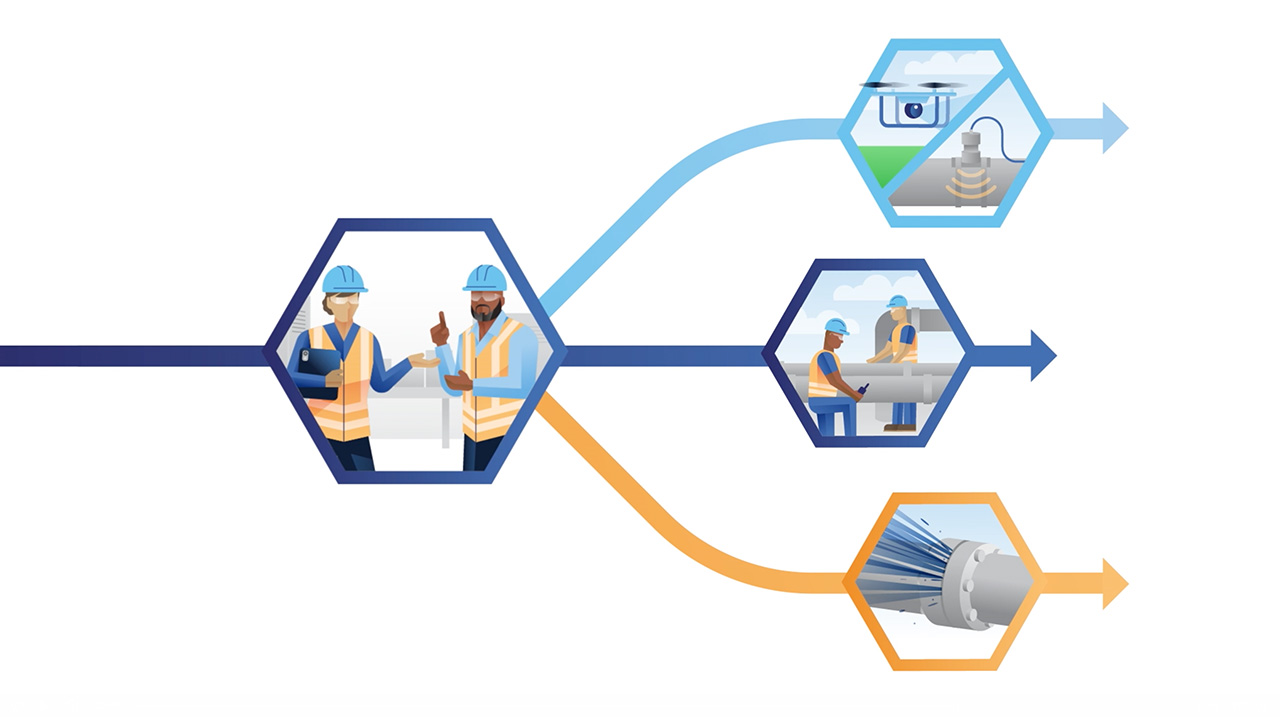Good Decision Making Is For Everyone
Decision-Making Principles & Frameworks
The following help us identify and evaluate tradeoffs and avoid decision traps so we can make the most of our scarce resources (including our time).
| Principle/Framework | Connection To Decision Making |
|---|---|
| Economic Thinking |
|
| Decision-Making Framework (DMF) |
|
| Division of Labor by Comparative Advantage |
|
| Risk |
|
| Measures |
|
Culture Also Matters
The following principles establish the foundation and expectations for creating an inclusive team environment where diverse knowledge and perspectives are valued as essential aspects of decision making.
| Principle | CONNECTION TO DECISION MAKING |
|---|---|
| Challenge | Teams that engage in effective challenge are far more likely to generate creative alternatives, identify and address issues and seek the knowledge needed to make good decisions. |
| Contribution Motivated |
People who are contribution motivated have many attributes that can improve decisions, such as: the desire to contribute positively, seeking mutually beneficial results, finding creative solutions, considering long-term implications and courageously dealing with the unknown.
|
| Humility | Humility prompts us to understand reality, acknowledge strengths and limitations, be open to new information and insights, continually learn, value diverse perspectives, and adjust our thinking and approach as needed. |
| Knowledge | Valuable knowledge comes in many forms and from many sources both inside and outside the organization. We need a culture where people seek knowledge and proactively share their knowledge to improve decisions and results. |
| Making good decisions involves more than numbers — it includes respecting the rights of others and doing the right thing, even when it’s difficult. | |
| Accountability | Employees who hold themselves accountable for the quality and outcomes of their decisions seek feedback and coaching so they can continually develop their decision-making skills. |
Understand It Better
Improving Your Decision-Making Skills
- Learn by Doing
- Apprenticing and Mentoring
- Stories and Case Studies
- Learn from Past Decisions
- Training
Apply decision-making principles to your work. Collaborate with and get feedback from your supervisor and coworkers. Use what you learn to improve decisions.
Get assistance and coaching from someone more skilled than you.
Past successes and failures can help you understand and apply our decision-making principles. This can happen through informal conversations with coworkers or published stories and cases from across the organization.
Analyzing and reflecting on past decisions (both good and bad) can help you make better decisions in the future. This could involve getting individual feedback about your decisions or the team coming together to reflect on a larger team initiative.
Training on specific tools, techniques and related PBM principles can be effective when relevant to your work.


SHARE: